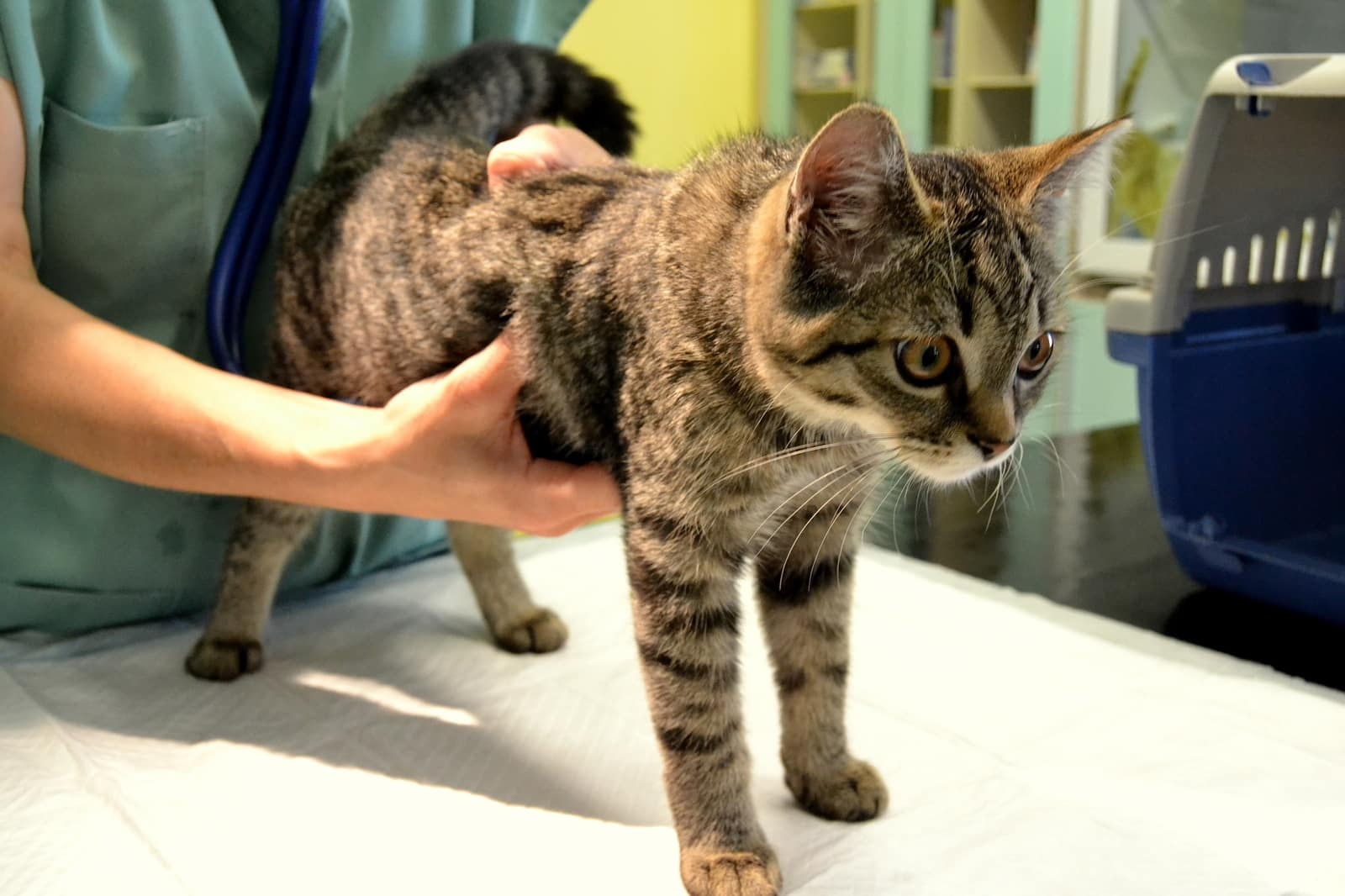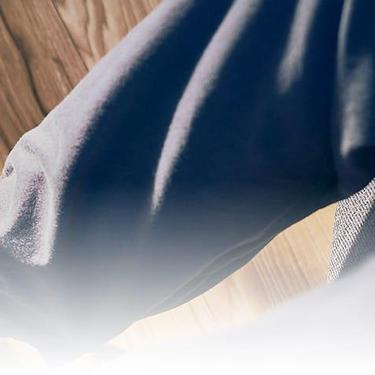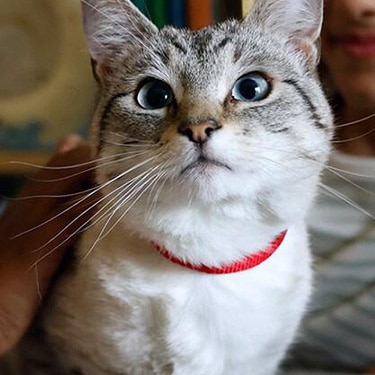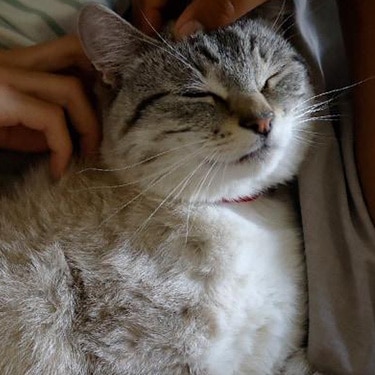
-
Find the right food for your petTake this quiz to see which food may be the best for your furry friend.Find the right food for your petTake this quiz to see which food may be the best for your furry friend.Featured products
 Perfect Digestion Large Breed Puppy Food
Perfect Digestion Large Breed Puppy FoodPrecisely balanced nutrition with Hill's ActivBiome+ prebiotic blend actively contributes to supporting digestive health and overall well-being to help your pet feel their best
Shop Now Small & Mini Mature Adult 7+ Dog Food
Small & Mini Mature Adult 7+ Dog FoodHill's Science Plan Small & Mini Breed Mature Adult Dog Food with Chicken is a complete pet food, specially formulated with ActivBiome+ Multi-Benefit Technology.
Tailored nutrition to support graceful ageing in small dogs. Specially made with a synergistic blend of nutrients for energy & vigor.Shop Now Perfect Digestion Small & Mini Adult Dog Food
Perfect Digestion Small & Mini Adult Dog FoodHill's Science Plan Perfect Digestion Small & Mini Breed Adult Dog Food with Chicken & Brown Rice supports ultimate digestive well-being & a healthy microbiome.
Shop NowFeatured products Hairball & Perfect Coat Adult Cat Food
Hairball & Perfect Coat Adult Cat FoodHill's Science Plan HAIRBALL & PERFECT COAT Adult cat food with Chicken is specially formulated to effectively help avoid hairball formation in adult cats while promoting a beautiful coat. Thanks to its mix of essential Omega-6 fatty acids, this food benefits the cat's skin and fur keeping them healthy and shiny. Our Advanced Fibre Technology helps reduce hairballs by naturally promoting their passage through the gut. This food is formulated with high-quality protein for a perfectly balanced, great-tasting recipe.
Shop Now Kitten Food
Kitten FoodHill's Science Plan Kitten Wet Cat Food Premium Chunks in Sauce with Chicken is a complete pet food for kittens and for pregnant or nursing cats
Shop Now Hypoallergenic Dry Cat Food
Hypoallergenic Dry Cat FoodHILL'S SCIENCE PLAN Hypoallergenic Adult cat food with egg & insect protein is a complete pet food for adult cat 1–6 years old. It's formulated for cats with delicate skin and stomach, with limited high quality novel protein sources & no grain.
Shop Now -
Dog
- Dog Tips & Articles
-
Health Category
- Weight
- Food & Environmental Sensitivities
- Urinary
- Digestive
- Joint
- Kidney
-
Life Stage
- Puppy Nutrition
- Adult Nutrition
- Senior Nutrition
Cat- Cat Tips & Articles
-
Health Category
- Weight
- Skin & Food Sensitivities
- Urinary
- Digestive
- Kidney
-
Life Stage
- Kitten Nutrition
- Adult Nutrition
Featured articles Understanding Your Pet's Microbiome
Understanding Your Pet's MicrobiomeLearn what a pet's microbiome is, how it contributes to your pet's gut & overall health, and why nutrition is important in maintaining healthy microbiomes.
Read More Pet Food Storage Tips
Pet Food Storage TipsWhere you store your cat and dog food can make a big difference in the quality and freshness once it is opened. Here are some common questions and recommendations for optimal storage for all of Hill’s dry and canned cat and dog food.
Read More The Right Diet For Your Pet
The Right Diet For Your PetLearn what to look for in healthy pet food & nutrition, including ingredients, quality of the manufacturer, your pet's age, and any special needs they have
Read More -


You may tease someone for being a "scaredy-cat" or even get a chuckle when something startles your cat and makes them jump. But a fearful, anxious cat is no joke. Cat anxiety can be a serious problem, especially if left untreated. If you think you might be dealing with a stressed cat, keep reading in order to understand what's going on with your cat and how you can help them.
Cat Anxiety Explained
 Cats experience anxiety when they anticipate danger from "unknown or imagined origins that result in normal body reactions ... associated with fear," explains PetMD. In other words, an anxious cat appears chronically stressed and afraid for no obvious reason. However, this doesn't mean that there isn't a reason. It simply means that it may take some time and investigation to determine the cause.
Cats experience anxiety when they anticipate danger from "unknown or imagined origins that result in normal body reactions ... associated with fear," explains PetMD. In other words, an anxious cat appears chronically stressed and afraid for no obvious reason. However, this doesn't mean that there isn't a reason. It simply means that it may take some time and investigation to determine the cause.
Potential causes that may result in a stressed cat are wide and varied. Cat anxiety may be caused by pain or illness, exposure to something toxic or infectious diseases that affect the nervous system. A psychological trigger may be to blame, like a traumatic experience, lack of proper socialisation or a history of abuse or neglect. An aging brain can also cause anxiety, especially in senior cats experiencing memory problems or dementia. Joint pain in older cats can also be a source of anxious behaviours, such as hiding or failing to use the litter box. Other potential causes of cat anxiety can include new or moved furniture, new pet or baby in the home, or even a new home.
One of the most common forms of cat anxiety is separation anxiety, in which your cat becomes anxious and stressed when you leave their sight or they're left home alone. This is especially prevalent among cats with a history of abandonment or who have been rehomed or passed from owner to owner, according to PetMD.
Obsessive compulsive disorder (OCD), characterised by exaggerated, repetitive behaviours, can also affect cats. Causes of OCD in cats aren't really known, and as such it's generally characterised as a mental disorder, although it can be initiated by stress, says PetMD. Pet parents may unwittingly reinforce OCD behaviours by trying to soothe their cats or giving them attention while they're doing the unwanted behaviour. It should also be noted that some breeds are genetically predisposed to certain obsessive-compulsive behaviours. Siamese and other Asian breeds are particularly known for these types of behaviours.
So how can you tell if you have an anxious cat?


Tasty Tips
Watch for the Signs
An anxious cat isn't too difficult to spot. PetMD identifies the following signs and symptoms of general cat anxiety:
- Trembling
- Withdrawal and hiding
- Becoming less active
- Trying to escape
- Destructive or aggressive behaviour
- Diarrhoea
- Failure to use the litter box
- Sores and lesions resulting from over-grooming
Other symptoms include a loss or reduction of appetite, weight loss, excessive vocalisation, lethargy and restlessness, says PetMD. OCD can be identified by excessive, repetitive behaviours such as eating, sucking or chewing on fabric, obsessive grooming, repetitive meowing or yowling, and constant pacing. In a case of separation anxiety, your cat will likely be fine as long as you're around, but may begin acting anxious when she can sense that you're about to leave.
Helping Your Stressed Cat
The first thing you need to know in order to help your anxious cat is that you should never punish or scold her for her anxious behaviour. This will only increase negative associations and fear and make things worse instead of better. The goal should be to help her feel safe and relaxed in her surroundings.
 Once you've identified anxious behaviours in your cat, the first step is to make an appointment with your veterinarian to either diagnose or rule out any underlying health issues or toxins that might be causing your cat stress. Because cats tend to hide their pain, this is not something that is likely to be obvious, and may require a thorough series of blood panels and other tests. If it turns out that your cat is suffering from pain or a medical issue, treating the issue may be all that's required to eliminate the anxious behaviour and help your cat get back to her normal self.
Once you've identified anxious behaviours in your cat, the first step is to make an appointment with your veterinarian to either diagnose or rule out any underlying health issues or toxins that might be causing your cat stress. Because cats tend to hide their pain, this is not something that is likely to be obvious, and may require a thorough series of blood panels and other tests. If it turns out that your cat is suffering from pain or a medical issue, treating the issue may be all that's required to eliminate the anxious behaviour and help your cat get back to her normal self.
On the other hand, if your vet rules out a physical problem as the cause, this may mean that the issue is psychological. If this is the case, your vet should be able to advise you on a course of treatment.
In addition to prescribing anti-anxiety medication to help keep your cat calm, your vet may recommend a trainer or animal behaviourist who can help both you and your cat through behavioural conditioning and counter-conditioning. Behavioural conditioning involves identifying fear triggers in your cat's life and either desensitising her to these triggers through repeated, safe exposure, or removing them from her environment. Counter-conditioning, which is similar, involves training your cat to replace a negative behaviour with a positive one, while forming positive associations with the new behaviour. For example, if your cat is anxious when she can sense you're about to leave, train her to go lie down and reward her when she does with a treat or a favourite toy. In time, she'll associate your leaving with this positive reward and learn to be okay with it. The overall goal of this training and conditioning is to teach your cat that she's safe and that it's okay to relax.
If Left Untreated
Untreated anxiety won't get better on its own, and will likely become worse over time, with undesirable behaviours becoming more pronounced. Just as with humans, chronic stress can have a physiological effect on your cat's health. If it persists, it could compromise her immune system and make her more vulnerable to illness, which will, in turn, compound her stress. She could also develop severe depression on top of the anxiety, all of which could lead to additional behaviour problems. It's not only in your cat's best interest but also in the interest of having a peaceful home, to intervene with your cat's anxiety as quickly as possible.
If you think your cat is suffering from anxiety, take heart. With love, patience and willingness to do your part to help, your cat has an excellent chance of making a full recovery and returning to her healthier, happier self.
Contributor Bio

Jean Marie Bauhaus
Jean Marie Bauhaus is a pet parent, pet blogger and novelist from Tulsa, Oklahoma, where she usually writes under the supervision of a lapful of fur babies.


Jean Marie Bauhaus is a pet parent, pet blogger, and novelist from Tulsa, Oklahoma, where she usually writes under the supervision of a lapful of fur babies.
Related products

HILL'S SCIENCE PLAN Hypoallergenic Adult cat food with egg & insect protein is a complete pet food for adult cat 1–6 years old. It's formulated for cats with delicate skin and stomach, with limited high quality novel protein sources & no grain.

Hill's Science Plan HAIRBALL & PERFECT COAT Adult cat food with Chicken is specially formulated to effectively help avoid hairball formation in adult cats while promoting a beautiful coat. Thanks to its mix of essential Omega-6 fatty acids, this food benefits the cat's skin and fur keeping them healthy and shiny. Our Advanced Fibre Technology helps reduce hairballs by naturally promoting their passage through the gut. This food is formulated with high-quality protein for a perfectly balanced, great-tasting recipe.

Hill's Science Plan Kitten Wet Cat Food Premium Chunks in Sauce with Chicken is a complete pet food for kittens and for pregnant or nursing cats

Hill's Science Plan Adult Cat Food with Chicken is a complete pet food, specially formulated with ActivBiome+ Multi-Benefit Technology.
This food is specially formulated to fuel the energy needs of cats during the prime of their life.
Related articles

Discover which cat toys games your feline friend might like, and how they are great sources of exercise. Explore our library of articles to learn more.

Discover what you can do to spot and support a sensitive cat stomach. See what routines and food you can implement to help your cat be happy and healthy.

When learning how to train your cat, you'll start with very basic first steps that both reward good behavior and discourage the bad.

Find out about how you can support your cat's digestion to boost overall health. Diet is key to a long and happy life for your cat, so discover what you can do.

Put your cat on a diet without them knowing
Our low calorie formula helps you control your cat's weight. It's packed with high-quality protein for building lean muscles, and made with purposeful ingredients for a flavorful, nutritious meal. Clinically proven antioxidants, Vitamin C+E, help promote a healthy immune system.
Put your cat on a diet without them knowing
Our low calorie formula helps you control your cat's weight. It's packed with high-quality protein for building lean muscles, and made with purposeful ingredients for a flavorful, nutritious meal. Clinically proven antioxidants, Vitamin C+E, help promote a healthy immune system.

